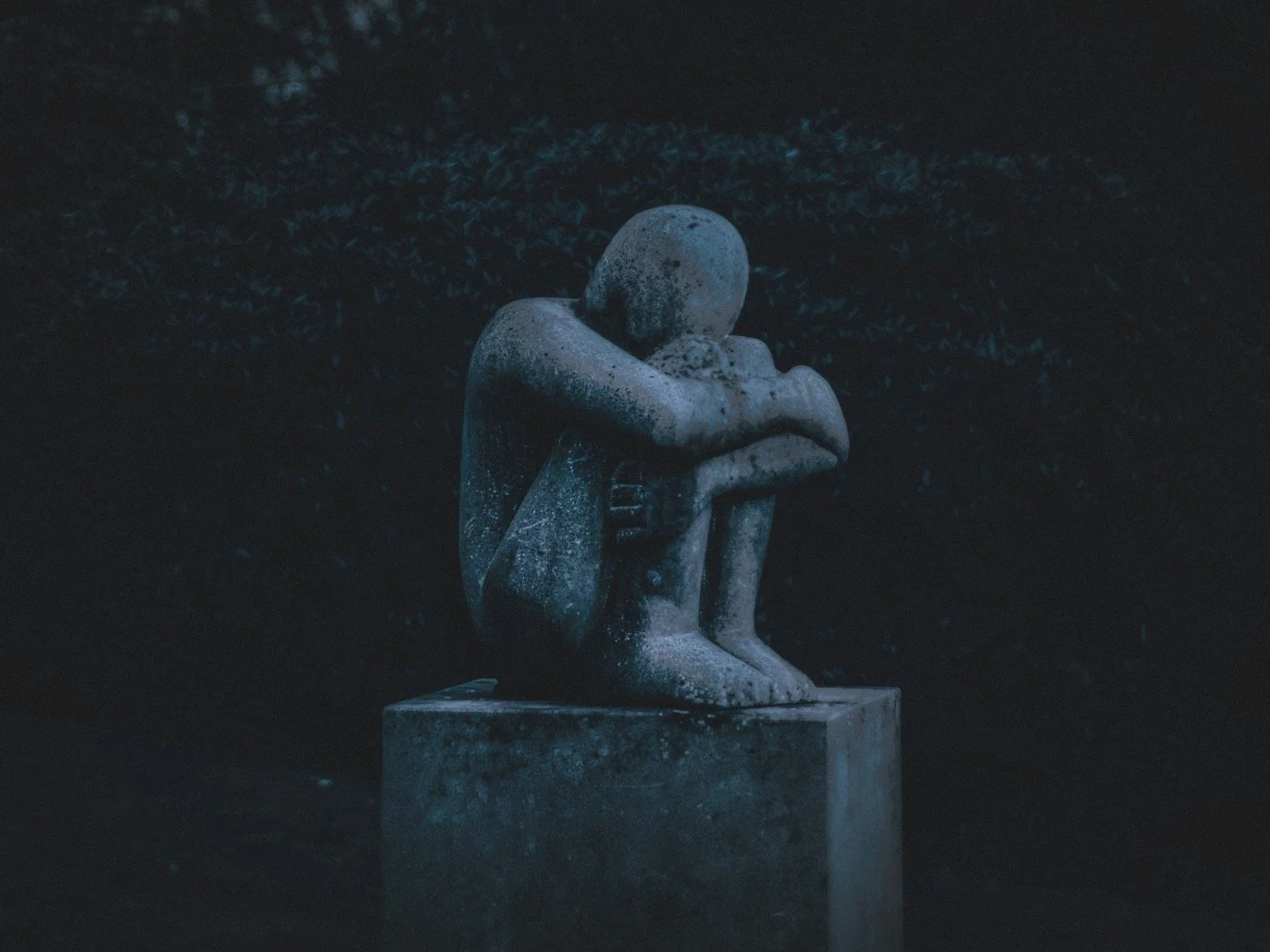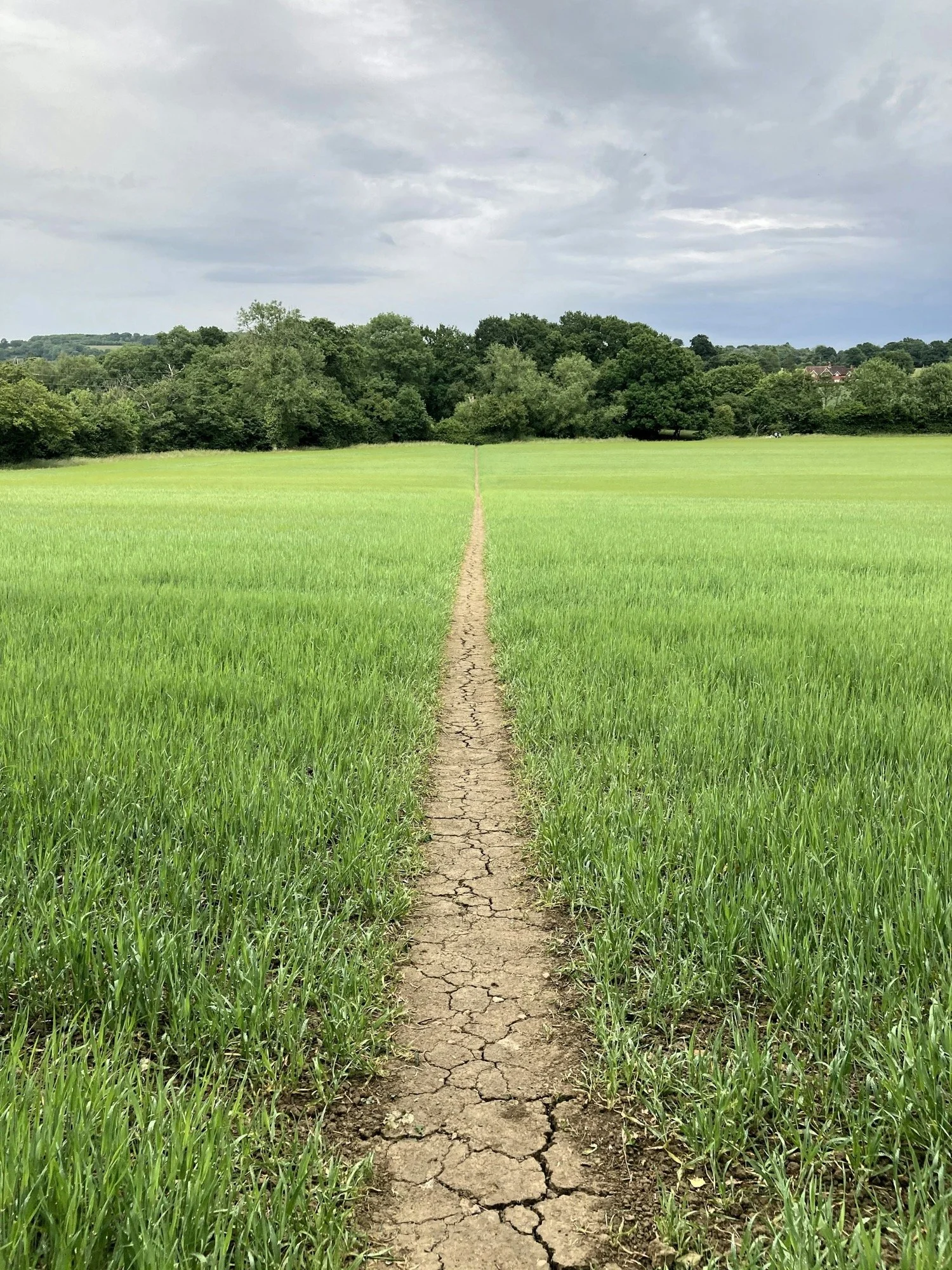Readings for today: Psalms 7-9, Acts 17:1-15
“When I look at your heavens, the work of your fingers, the moon and the stars, which you have set in place, what is man that you are mindful of him, and the son of man that you care for him? Yet you have made him a little lower than the heavenly beings and crowned him with glory and honor. You have given him dominion over the works of your hands; you have put all things under his feet, all sheep and oxen, and also the beasts of the field, the birds of the heavens, and the fish of the sea, whatever passes along the paths of the seas.” (Psalm 8:3-8)
Have you ever wondered what it means to be a person? A human being? What is it that sets us apart? What is it that makes us unique? Psalm 8 reminds us of one of the greatest, most fundamental truths in all of Scripture. We are made in the image of God. We are given a position in creation just below the angelic host. We are crowned with glory and honor. And we are given charge over all God has made. Just sit with that thought for a moment. Let it sink in. You are a glorious creature. Worthy of honor because of the image you bear. Irreducibly complex. Unique in every way. Fearfully and wonderfully made by God’s own hands. To get an idea of just how deep this goes, listen to how noted sociologist, Christian Smith, defines personhood, “By person I mean a conscious, reflexive, embodied, self-transcending center of subjective experience, durable identity, moral commitment, and social communication who-as the efficient cause of his or her own responsible actions and interactions-exercises complex capacities for agency and intersubjectivity in order to develop and sustain his or her own incommunicable self in loving relationships with other personal selves and with the nonpersonal world.” If that sounds confusing - and I certainly had to read it several times myself - check out how Smith attempts to visualize what he has just said…
Crazy, right?! And yet it illustrates the incredible depth and beauty and complexity of the human creature. It also gives us a window into why human life can be so confusing at times. After all, who can discern the heart of such a creature? Not even the individual themselves can plumb the depths of their own personhood much less the personhood of others. So what do we do? We settle. We shrink our horizons. We “flatten out” our own personhood or the personhood of those around us. We treat people far too simplistically, even two-dimensionally, and we fail to see them as God created them. This is the tragedy of sin and it results in alienation. Sin alienates us from ourselves. Sin alienates us from one another. Sin alienates us from all God has made. Most especially, sin alienates us from God Himself. In our alienated state, we become confused. We lose sight of the One who made us. Our view of His image becomes warped, corrupted, obscured. The Bible says it is as if we are looking at a cloudy mirror. All we can see is a dim reflection. It’s like squinting in a fog or peering through a mist as one translator put it. Left to our own imaginations, we try to create our own image of ourselves. But it never quite works out. It never quite satisfies. Selfishness takes over. We become enslaved to our appetites, desires, passions. We seek to use others for our own gain. Creation itself becomes a resource to exploit for our own ends. And the creature who was made a little lower than the angels exchanges their glorious birthright for more demonic ends. Seeds of distrust are sown. Divisions harden. Hatred rises. Anger takes over. Violence breaks out. We are lost among the ruins of our existence. Doomed to wander in the shadowlands of a world undone by human sin and strife. This is humanity’s heartbreaking story. One that gets passed down to every generation.
But what if the Bible is true? What if what it says about humanity is true? What would happen if we could recover our sight? See ourselves and one another for who we truly are? Miraculous image-bearers of God Himself? Handcrafted masterpieces made after His likeness? Icons of God’s glory and honor in the world? When we look out at the universe God has made, we see the stars in the nighttime sky. We see incredible vistas spreading before us from the top of mountains. We hear the rushing of the rivers. The crash of ocean waves on the shore. We watch in wonder the coming of the rain and the refreshing of the earth. The rising and the setting of the sun. When we stop and consider all God has made, it is indeed marvelous to consider that we are the crown of such a creation! The image-bearer designed to reign and rule in God’s Name and for God’s glory in the world. Furthermore, we are God’s stewards given charge to care for His creation. God has given all things into our hands. He has entrusted all He has made into our care. What a glorious, yet sobering thought! And God has given us all the capacity we need and the resources we need and the gifts we need to serve Him well in that role.
So how do we bring an end to our alienation? We embrace the love God offers us in Jesus Christ. Through Christ’s death and resurrection, God has torn down every dividing wall of hostility that exists and reconciled all things to Himself. In Christ, we have peace with God. Peace with ourselves. Peace with those around us. Peace with our world. In Christ, the image of God is restored. The fog lifts. The mist fades. The dim reflection comes into full view.
Readings for tomorrow: Psalms 10-12, Acts 17:16-34





